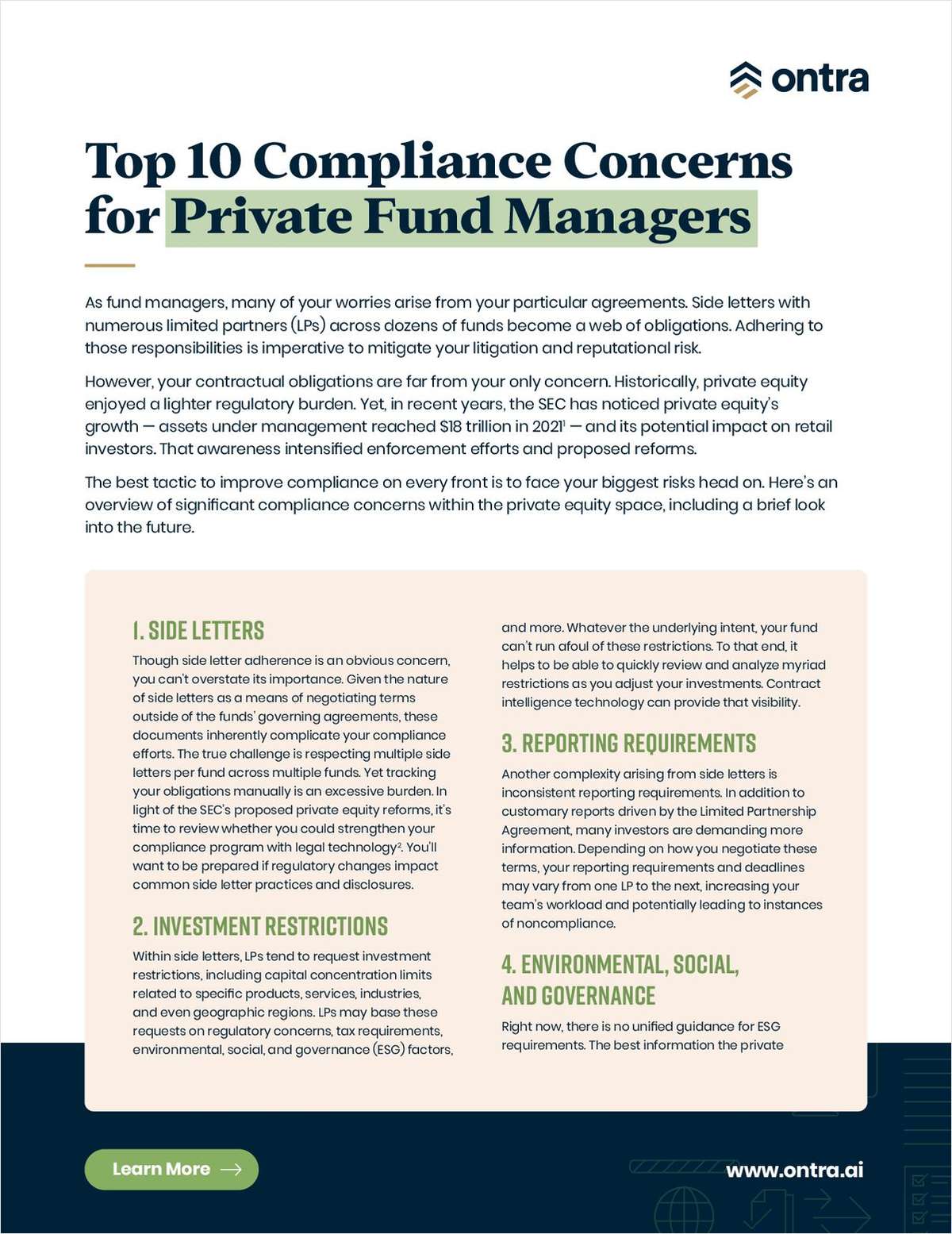Dicksteins dumps lockstep for three-tier pay ladder
Firm claims new system will help to keep its charge-out rate down after the recent soaring associate pay rises in the US
June 21, 2000 at 08:03 PM
2 minute read
Washington DC firm Dickstein Shapiro Morin & Oshinsky is scrapping its lockstep for associates and replacing it with a unique three-tier pay system.
Associates will gain two years' experience and then move to a special tier consisting of a group of associates with different post-qualification experience (PQE) levels.
If associates gain standing in the firm and show an eagerness to handle more complex work, they will move up one tier and earn more money. If they do not show the necessary ability, they will stay in the first tier, earning about $150,000 (£94,000).
Peter Kadzik, chair of the recruitment committee, said: "We needed to get off the lockstep system. Some associates are content to just do work such as discovery for litigation, and some will move forward slowly."
He said the idea was based on the US college system where students can repeat a year of school until they progress. He added that the new system will help the firm keep its charge-out rate down after the recent hikes in associate pay in the US, which has seen many firms pay starting salaries of $120,000 (£78,000).
Associates who make it to the second tier will earn a base salary of $160,000 (£100,000), which can go up to $235,000 (£147,000) if they record 2,400 hours.
In the third tier, associates start on a base salary of $180,000 (£113,000). With bonuses they can earn up to $260,000 (£162,000).
The new pay structure at the 100-partner, 270-fee earner firm will be in place by January 2001. It has no plans to make similar changes to its equity structure.
US legal consulting firm Hildebrandt International advised Dicksteins on the system's launch.
Meanwhile, Los Angeles-based media firm Greenberg Glusker Fields Claman & Machtinger has implemented a holiday bonus scheme called 'Q-Time', which stands for 'quality time'.
The new scheme allows associates to earn one week's holiday for every 50 hours they bill over an annual total of 1,950 hours, up to a ceiling of 2,400. In theory, associates could get a maximum of nine weeks extra holiday.
The firm is reported to have opted for the holiday scheme after it decided its staff put more value on their free time.
NOT FOR REPRINT
© 2024 ALM Global, LLC, All Rights Reserved. Request academic re-use from www.copyright.com. All other uses, submit a request to [email protected]. For more information visit Asset & Logo Licensing.
Trending Stories
- 1'I'm Staying Everything': Texas Bankruptcy Judge Halts Talc Trials Against J&J
- 2What We Know About the Kentucky Judge Killed in His Chambers
- 3Judge Blasts Authors' Lawyers in Key AI Suit, Says Case Doomed Without Upgraded Team
- 4Ex-Prosecutor and Judge Fatally Shot During Attempted Arrest on Federal Corruption Charges
- 5Federal Judge Won't Stop Title IX Investigation Into Former GMU Law Professor
Who Got The Work
Burr & Forman partner Garry K. Grooms has entered an appearance for 4M Acquisitions and Wallace D. Tweden in a pending environmental lawsuit. The action, filed July 22 in Tennessee Middle District Court by the McKellar Law Group and Mark E. Martin LLC on behalf of Tennessee Riverkeeper, contends that the defendant's violated the Clean Water Act and Tennessee Water Quality Control Act by allowing for the discharge of pollutants into waters of the U.S. without obtaining a National Pollutant Discharge permit. The case, assigned to U.S. District Judge Aleta A. Trauger, is 3:24-cv-00886, Tennessee Riverkeeper, Inc. v. Tweden et al.
Who Got The Work
Ramsey M. Al-Salam, Gene W. Lee and Stevan R. Stark of Perkins Coie have entered appearances for R-Pac International in a pending patent infringement lawsuit. The case, filed Aug. 12 in New York Southern District Court by PinilisHalpern LLP and Friedman Suder & Cooke on behalf of Adasa Inc, asserts a single patent related to wireless sensors used for tagging products. The case, assigned to U.S. District Judge Alvin K. Hellerstein, is 1:24-cv-06102, Adasa Inc. v. R-Pac International LLC.
Who Got The Work
Walmart has tapped lawyer Nicole M. Wright of Zausmer PC to defend a pending product liability lawsuit. The action was filed Aug. 12 in Michigan Eastern District Court by Wolfe Trial Lawyers on behalf of a plaintiff claiming burns from a defective propane tank. The case, assigned to U.S. District Judge Matthew F. Leitman, is 2:24-cv-12100, Hill v. Ferrellgas, Inc. et al.
Who Got The Work
Kevin Simpson and James Randall of Winston & Strawn have stepped in to represent Comcast in a pending consumer class action. The case, filed Aug. 11 in Georgia Northern District Court by Kaufman PA, contends that the defendant placed pre-recorded debt collection phone calls to the plaintiff in violation of the Telephone Consumer Protection Act. The case, assigned to U.S. District Judge J.P. Boulee, is 1:24-cv-03553, Pond v. Comcast Cable Communications LLC.
Who Got The Work
Potter Anderson & Corroon partners Christopher N. Kelly and Kevin R. Shannon have stepped in to represent cloud computing company Fastly and its top executives in a pending shareholder derivative lawsuit. The complaint, filed Aug. 23 in Delaware District Court by deLeeuw Law and Bragar Eagel & Squire on behalf of Mark Sweitzer, accuses the defendant of failing to disclose that revenue growth in 2023 was primarily driven by a 'consolidation trend' in which companies simplified operations by reducing the number of content delivery network vendors under management, thereby reducing competition and increasing the defendant's market share. The case, assigned to U.S. District Judge Gregory B. Williams, is 1:24-cv-00969, Sweitzer v. Nightingale et al.
Featured Firms
Law Offices of Gary Martin Hays & Associates, P.C.
(470) 294-1674
Law Offices of Mark E. Salomone
(857) 444-6468
Smith & Hassler
(713) 739-1250









